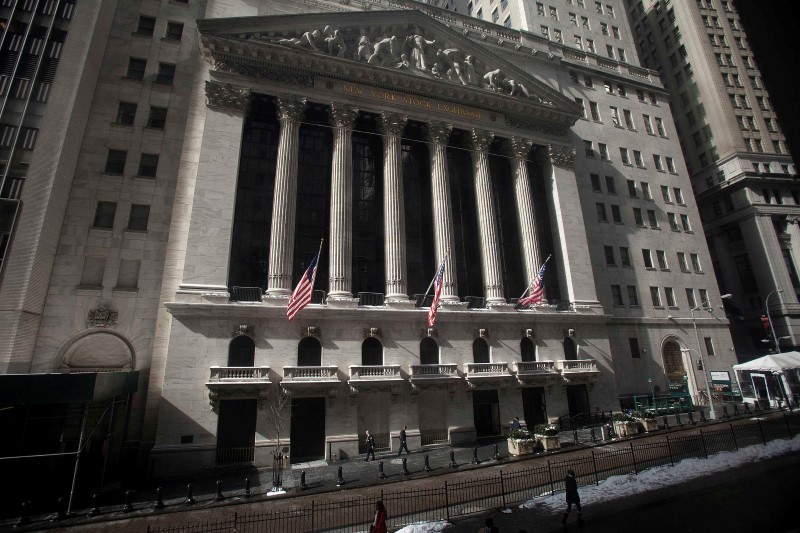As the U.S. equity market navigates the latter half of 2024, Citi analysts have identified two risks that could weigh on stock performance: rising recession risk and the Federal Reserve's evolving monetary policy.
First, the threat of a recession has increased as labor markets show signs of weakening.
According to Citi, "Recession risk has risen as labor markets exhibit some fraying at the edges," which could disrupt the growth narrative that has underpinned the market's performance so far.
"This poses some risk to the 2H earnings set up," the bank stated.
They note that the fraying indicates potential cracks in the broader economic landscape, raising concerns that the expected earnings growth in the second half of the year might not materialize as hoped.
Second, while the Federal Reserve's potential rate cuts might offer some relief, they also introduce uncertainty.
Citi notes that expectations for a more aggressive Fed response have grown, with the possibility of 125 basis points in cuts expected by the end of 2024.
However, the analysts caution that this could be a double-edged sword. On one hand, lower rates could boost sectors like Consumer Discretionary, Financials, and Real Estate. On the other hand, the market's reliance on these anticipated cuts underscores the fragility of the current economic environment.
"Index-level growth remains reliant on the mega cap Tech cohort amidst subtle signs of incremental slowing elsewhere," says Citi.
"The balancing act for investors as we move forward is risk of incremental macro weakening on fundamentals but offset by a potentially more accommodative Fed," the bank adds. "Citi Economists continue to project a 2H24 recession, with 125bps of Fed cuts this year, starting in September."
